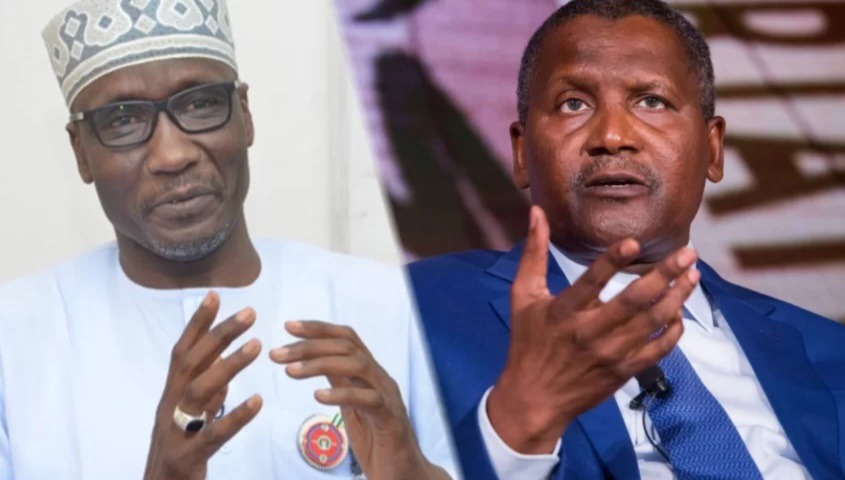Nigeria, Africa’s largest oil producer, paradoxically imports nearly all its refined petrol. Despite having multiple refineries, they remain largely non-functional, leading to a heavy reliance on imports. This situation has persisted for decades, raising questions about the underlying issues and potential conspiracies. The recent debacle between Dangote Group and the Nigerian National Petroleum Company Limited (NNPCL) has brought these issues to the forefront. Let’s review the controversies, expert opinions, and the impact on the Nigerian population.
The Dangote vs. NNPCL Controversy
Aliko Dangote, Africa’s richest man, has invested heavily in building the Dangote Refinery, a $19 billion facility with a capacity of 650,000 barrels per day. This refinery was touted as a game-changer that would end Nigeria’s dependence on imported petrol. However, the project has faced significant hurdles, including accusations from the Nigerian Midstream and Downstream Petroleum Regulatory Authority (NMDPRA) of producing substandard products and attempting to monopolize the market.
The NNPCL, on the other hand, has been accused of not providing sufficient crude oil to the Dangote Refinery, forcing it to import crude. This has led to a public spat, with Dangote alleging that some NNPCL workers have vested interests in maintaining the status quo.
Expert Opinions
Dr. Akinwumi Adesina, President of the African Development Bank (AfDB), has weighed in on the controversy, stating that the rift between Dangote and NNPCL sends a wrong signal to global investors about Nigeria’s investment climate. He argues that those accusing Dangote of monopolistic tendencies should instead focus on building their refineries to compete locally. Adesina emphasizes that competition should be fair and that importers should not undermine local industries by importing cheaper, substandard products.
The Reality of Petrol Imports
Nigeria’s reliance on petrol imports is staggering. Between 2015 and 2019, the country spent $37.85 billion on importing refined petroleum, accounting for nearly 17% of its total import value. This heavy import dependence has significant economic implications, including a high subsidy bill. In 2022 alone, Nigeria spent N3 trillion on fuel subsidies. The current administration of President Bola Tinubu has spent over N5 trillion on fuel subsidies despite announcing its removal during inauguration last year, resulting in the increase in prices across the country. This subsidy regime has been criticized for benefiting the wealthy more than the poor, with the poorest 40% of the population consuming just 3% of petrol.
Impact on Nigerians
The high cost of petrol imports and subsidies has a direct impact on the Nigerian population. It puts pressure on the country’s foreign exchange reserves, leading to a weakened naira and higher landing costs for imported petrol. This, in turn, affects the cost of living, as transportation and goods become more expensive. The inefficiencies and corruption in the oil sector exacerbate these issues, leading to periodic fuel shortages and long queues at petrol stations.

Conspiracies and Sabotage?
There are widespread speculations about conspiracies to maintain Nigeria’s dependence on imported petrol. Allegations of sabotage, vested interests, and corruption are rife. For instance, there have been claims of a black market for subsidies, where individuals smuggle fuel to neighboring countries with the connivance of security operatives. These activities not only deprive Nigerians of affordable petrol but also undermine efforts to achieve self-sufficiency.
Way Forward
The Dangote vs. NNPCL debacle highlights the complex and often contentious nature of Nigeria’s oil sector. While Dangote’s efforts to end import dependence are commendable, the challenges he faces underscore the deep-rooted issues in the industry. Addressing these challenges requires a concerted effort from all stakeholders to ensure fair competition, transparency, and accountability. Only then can Nigeria hope to achieve a stable and affordable petrol supply for its population.
